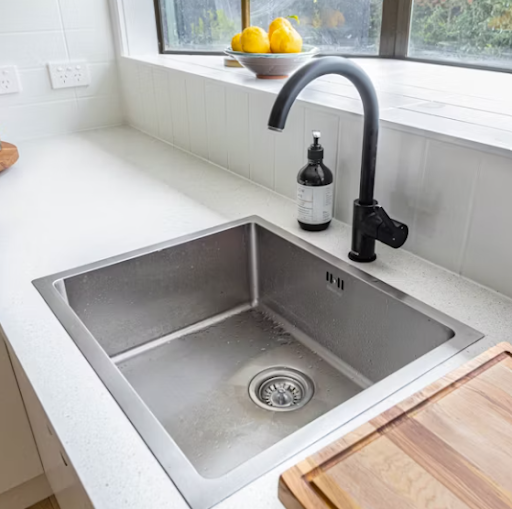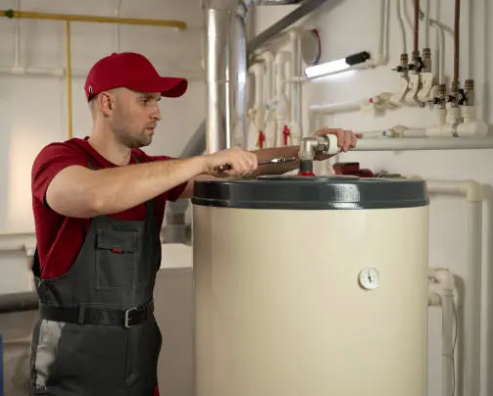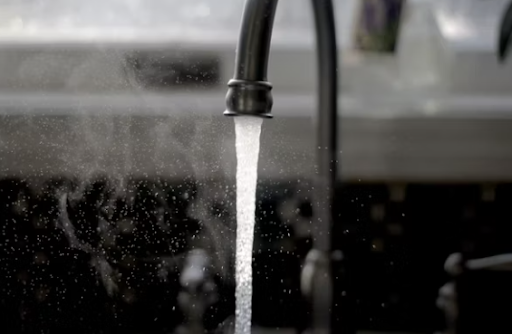March 27, 2025
Plumbing leaks can be a major concern for homeowners, leading to potential water damage, costly repairs, and even structural issues if left unaddressed. One common question homeowners ask is whether a home warranty covers plumbing leaks. The good news is that most home warranty plans do offer coverage for plumbing issues, including leaks and breaks in water, drain, gas, waste, and vent lines, as well as repairs and replacements of plumbing fixtures. However, the extent of coverage depends on the specific plan and provider.
Here’s a more detailed breakdown of what home warranties typically cover regarding plumbing leaks.
General Coverage
Home warranties are designed to cover the cost of repairs or replacements for major home systems and appliances that fail due to normal wear and tear. Since plumbing is a critical home system, many home warranty providers include plumbing coverage in their standard plans. This coverage can help homeowners avoid expensive out-of-pocket costs when unexpected plumbing issues arise.
However, it’s important to understand that home warranties differ from homeowners insurance. While a home warranty covers wear and tear, homeowners insurance typically covers damages caused by sudden and unexpected incidents such as fires, floods, or natural disasters.
Specific Plumbing Coverage
Most home warranty plans offer coverage for common plumbing issues, but the details may vary. Here are some of the key plumbing components typically covered:
Leaking or Broken Pipes
Home warranty plans often cover leaks and breaks in the following types of lines within the home’s foundation:
- Water lines: Covers supply pipes that bring water into the home.
- Drain lines: Includes pipes that remove wastewater from sinks, bathtubs, and showers.
- Gas lines: Some plans extend coverage to gas piping within the home.
- Waste and vent lines: Covers issues related to ventilation and wastewater removal.
While most home warranty policies cover plumbing pipes within the home, coverage for pipes outside the main foundation (such as sewer lines) may be limited or require an additional coverage option.
Plumbing Fixtures
Many home warranty plans also include coverage for common plumbing fixtures, such as:
- Toilets: Repairs and replacements for malfunctioning internal components like fill valves and flappers.
- Faucets and showerheads: Some plans cover repairs or replacements due to leaks and malfunctions.
- Valves and hoses: Includes water shut-off valves, pressure regulators, and other essential components.
- Seals and gaskets: Covers faulty seals that can lead to leaks.
Stoppages
A clogged drain or sewer line can be a major inconvenience. Some home warranty plans provide coverage for clearing stoppages, including:
- Sink, bathtub, and shower drains
- Toilet clogs
- Main sewer line backups (coverage may depend on whether the clog is within or beyond the home’s foundation)
Some plans may require an accessible clean-out before covering sewer line stoppages.
Other Plumbing Components
In addition to pipes and fixtures, some home warranty plans cover additional plumbing-related components, such as:
- Sump pumps: Protection for basement water removal systems.
- Built-in whirlpool bathtub motors: Covers malfunctions in jetted tub systems.
- Water heaters: Some plans include repair or replacement of traditional and tankless water heaters.
What’s Typically Not Covered?
While home warranties provide valuable coverage for plumbing issues, there are some common exclusions. Understanding these limitations can help you set realistic expectations.
Exterior Plumbing
Most standard home warranty plans do not cover exterior plumbing components, such as:
- Outdoor sewer and drain pipes: Some plans may cover pipes up to a specific distance from the home, while others exclude them entirely.
- Sprinkler systems: Lawn irrigation systems are usually excluded from coverage.
- Septic tanks: Coverage for septic systems is often available as an add-on but not included in standard plans.
Water Damage
While a home warranty may cover the cost to repair a leaking pipe, it may not cover the resulting water damage. For example, if a plumbing leak damages floors, walls, or furniture, those repairs would typically fall under homeowners insurance rather than a home warranty.
Cosmetic Damage
Issues such as scratches, discoloration, or minor surface cracks in fixtures are generally considered cosmetic and are not covered under most home warranty plans.
Natural Disasters
If a plumbing issue occurs due to a natural disaster, such as an earthquake, flood, or hurricane, it will not be covered by a home warranty. Instead, homeowners insurance would typically provide coverage for such incidents.
Important Considerations
When evaluating home warranty coverage for plumbing leaks, there are several key factors to keep in mind:
Plan Variations
Not all home warranty plans are the same, and coverage levels vary between providers. Before purchasing a plan, review the terms and conditions carefully to ensure it includes the plumbing coverage you need.
Optional Coverage
Some home warranty providers offer optional coverage for additional plumbing-related items, such as:
- Well pumps
- Septic systems
- Water softeners
- Pool and spa plumbing
Adding these options may increase your premium but can provide valuable protection if you have these systems in your home.
Service Fees
Most home warranties require homeowners to pay a service fee (or trade call fee) each time they request a repair. These fees typically range from $50 to $150 per service call, depending on the provider and plan.
Pre-Existing Conditions
Many home warranties do not cover pre-existing plumbing issues. If a leak or blockage existed before the warranty was purchased, it may not be eligible for coverage.
Long Island Specifics
While the general principles of home warranty coverage apply across the country, homeowners in Long Island should be aware of specific regional considerations:
- Older homes: Many homes in Long Island have aging plumbing systems that may be more prone to leaks and failures. Ensuring your home warranty covers old pipes can be beneficial.
- Weather conditions: Freezing temperatures in winter can lead to burst pipes, so check if your warranty covers pipe freezing issues.
- Local home warranty providers: Different companies offer varying coverage plans, so it’s a good idea to compare options from home warranty providers that service Long Island.
Conclusion
A home warranty can provide valuable coverage for plumbing leaks and related issues, helping homeowners manage repair costs and avoid unexpected expenses. While most home warranty plans cover leaks and breaks in water, drain, gas, waste, and vent lines, as well as plumbing fixtures and stoppages, there are limitations to coverage, such as exclusions for exterior plumbing, water damage, and natural disasters.
Before purchasing a home warranty, it’s essential to review the specific terms and conditions of your plan, consider optional coverage for additional protection, and understand any service fees or exclusions. If you’re a homeowner in Long Island, researching local providers and their specific coverage options can help you choose the best plan for your needs.
By having a home warranty in place, you can gain peace of mind knowing that many common plumbing issues will be covered, reducing the financial burden of unexpected repairs.


